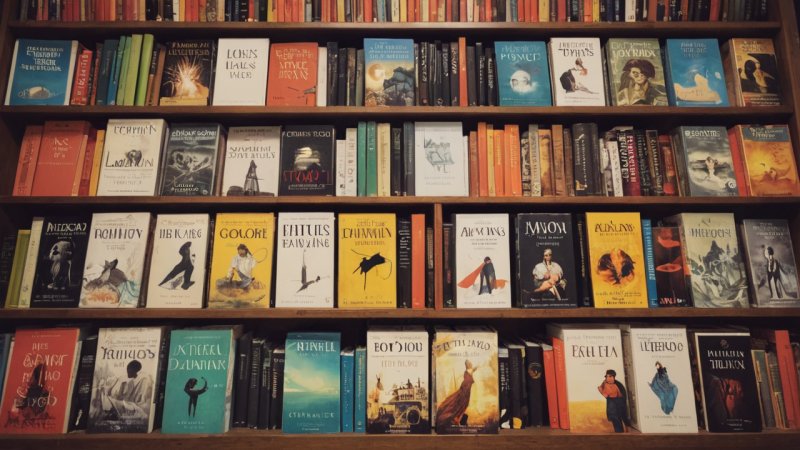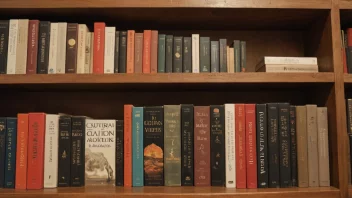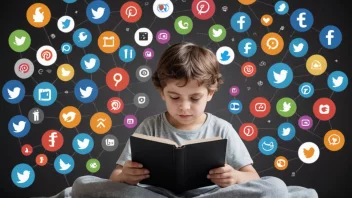Fiction has always held a mirror to society, reflecting our values, fears, and aspirations. In contemporary culture, the influence of fiction—through novels, short stories, and even digital narratives—has become increasingly pronounced. With the rise of various media platforms, the essence of storytelling has expanded, impacting cultural norms, social movements, and individual perspectives.
One significant way fiction shapes modern culture is through its role in addressing complex social issues. Authors like Chimamanda Ngozi Adichie and Junot Diaz use their narratives to shine a light on topics such as race, immigration, and gender identity. Their stories invite readers to empathize with experiences that may be vastly different from their own, fostering a deeper understanding of diversity and inclusion. As society grapples with issues of social justice and equity, fiction serves as both a reflection and an agent of change, prompting discussions that can lead to tangible action.
Moreover, fiction often serves as a catalyst for cultural movements. Works such as George Orwell's '1984' and Margaret Atwood's 'The Handmaid's Tale' have not only entertained readers but have also inspired political activism. These novels highlight dystopian themes that resonate with contemporary audiences, especially during times of political unrest. As readers engage with these narratives, they are encouraged to question authority and envision alternative futures. Through fiction, individuals find a voice and a platform to challenge the status quo.
The digital age has further transformed the landscape of fiction, making stories more accessible and diverse. Online platforms and social media have given rise to new forms of storytelling, such as web fiction and serialized novels. Authors can now reach global audiences without the traditional barriers of publishing, allowing for a broader range of voices and experiences to be shared. This democratization of storytelling enables a richer cultural tapestry, where readers can explore themes that resonate with their own lives and communities.
Additionally, the influence of fiction extends to how we consume other forms of media, including film and television. Adaptations of popular novels often dominate box offices and streaming services, illustrating the strong connection between written and visual narratives. Series like 'Game of Thrones,' based on George R.R. Martin's 'A Song of Ice and Fire,' have not only achieved critical acclaim but have also shaped popular culture through merchandise, conventions, and fan communities. This cross-pollination between literature and other media underscores the pervasive power of storytelling in various forms.
In our fast-paced, interconnected world, the impact of fiction can sometimes be overlooked. Yet, it remains a vital component of our cultural discourse, shaping our understanding of ourselves and the world around us. As we engage with fiction—whether in print or digital form—we are invited into the lives of others, expanding our horizons and challenging our preconceptions. Fiction is not just entertainment; it is a powerful tool for cultural reflection, social change, and personal growth. Through reading, we not only escape into other worlds but also gain insights that can influence our reality, making fiction an indispensable part of modern culture.
Fiction's Role in Shaping Modern Culture
Exploring the profound impact of fiction on contemporary culture, from social issues to media adaptations.






